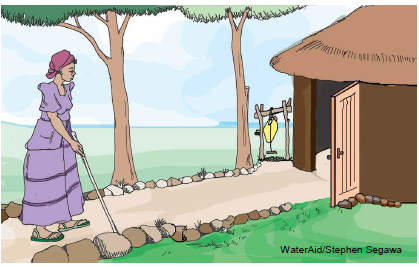Undoing Inequity

WaterAid/Stephen Segawa
About
This action-research project, undertaken by WaterAid, the Water Engineering and Development Centre (WEDC) at Loughborough University and Leonard Cheshire Disability (LCD), investigated the environmental, attitudinal and institutional barriers that disabled, older and chronically ill people face when accessing water, sanitation and hygiene (WASH). Using the findings, the project designed and tested an inclusive WASH approach to address those barriers in a number of districts in Uganda and Zambia. A mid-term review in 2015 assessed the early impacts of the intervention and tested and refined the baseline data collection tools.
The initial findings from this project, documented in two mid-term reviews and an accompanying provcess review, revealed that the inclusive WASH approach improved vulnerable groups' access to WASH in the intervention sites. It also appeared to have conferred the additional benefits of increasing self-esteem and social inclusion for those vulnerable to exclusion, and to have positively impacted on stigma and discrimination.
The findings of this project so far have influenced policy and practice. They made a crucial contribution to DFID’s new Disability Framework, by forming part of the evidence base for the International Development Committee’s recommendations to DFID on mainstreaming disability in development. Furthermore, SHARE, through its partner WaterAid, has contributed to providing practical guidance for health workers, community volunteers and WASH practitioners working directly with disabled and older people and their families in rural areas of sub-Saharan Africa.
The project evaluation is due to take place in 2016.
